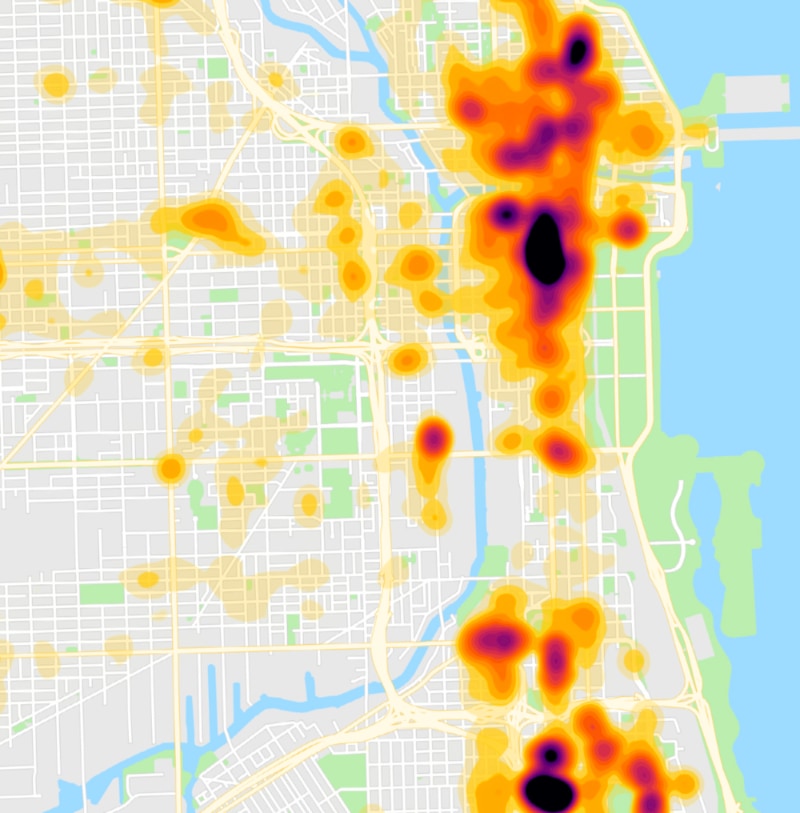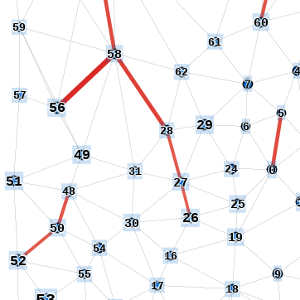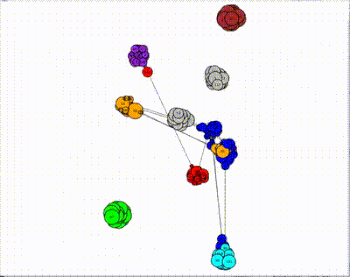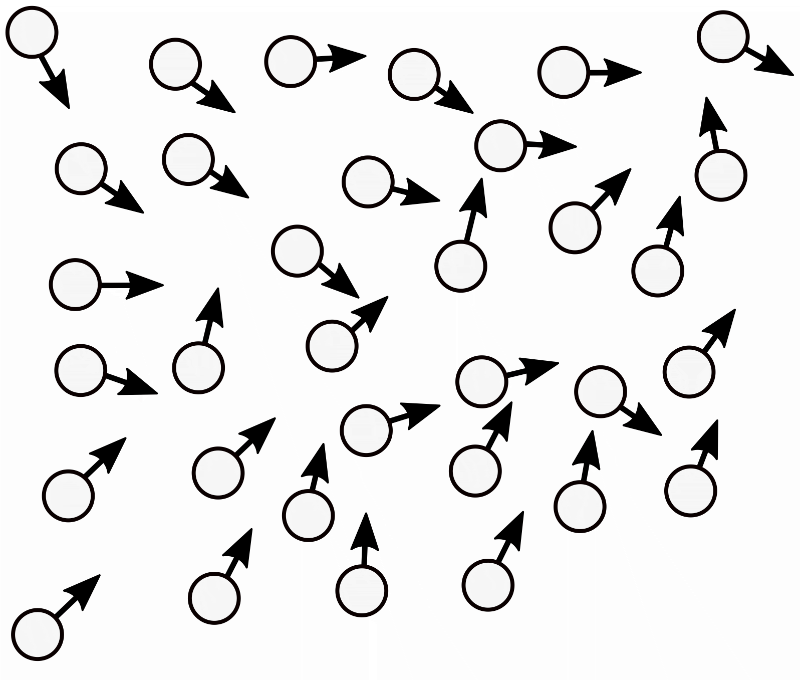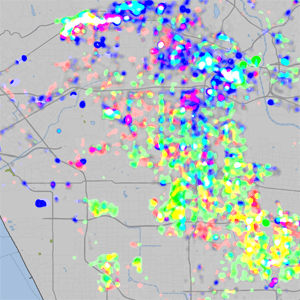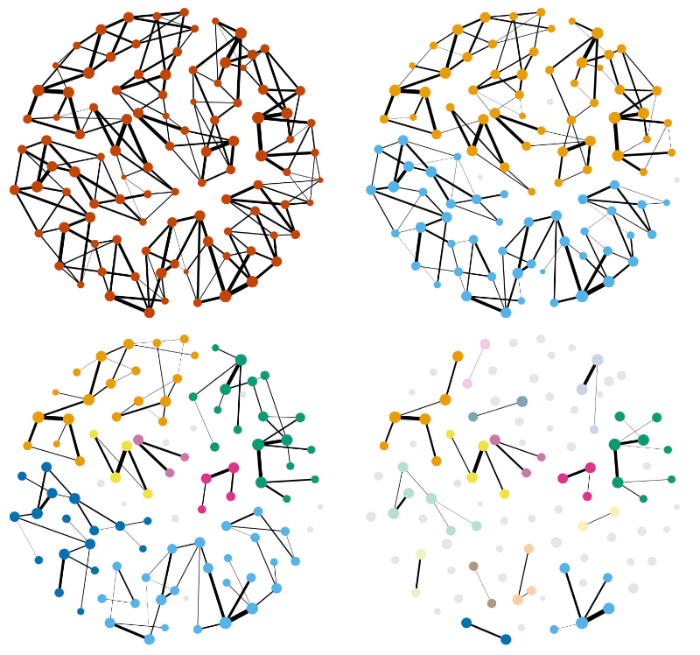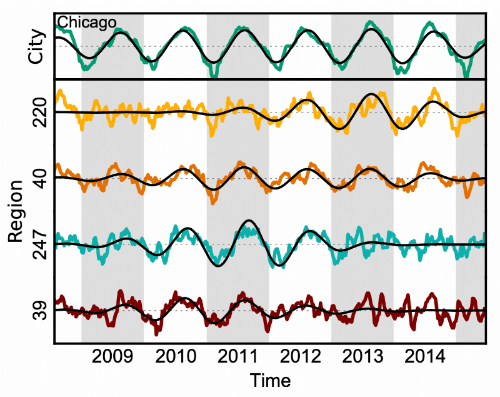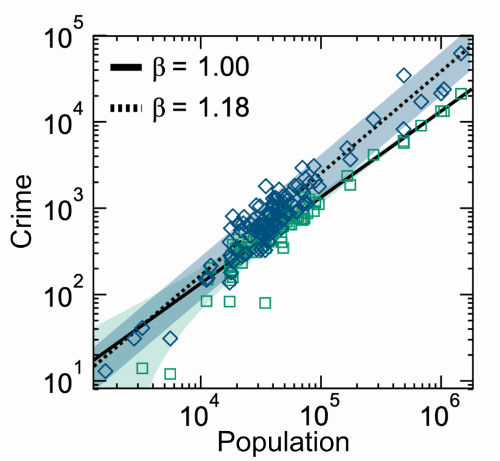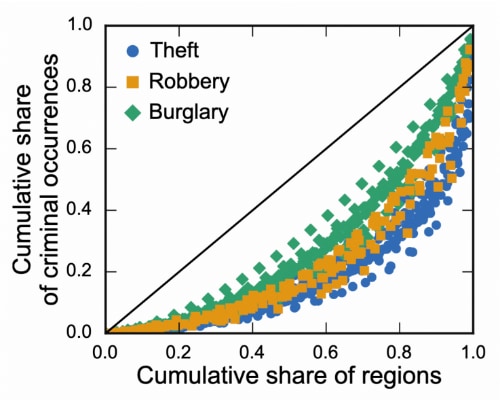Hello, I am an Assistant Professor (Lecturer) in the Department of Computer Science at the University of Exeter in the UK. Previously, I was a postdoctoral researcher in the Computational Social Science department in the GESIS–Leibniz Institute for the Social Sciences in Germany.
The scope of my research lies in the fields of computational social science, complex systems, network science, and data science. In my work, I explore how regularities and social phenomena emerge in different contexts such as cities and social environments.
I am particularly interested in understanding urgent societal challenges such as crime, social inequalities, and human mobility. These societal challenges often exhibit causal loops and inter-connectedness, requiring a complex-system perspective to understand and tackle them.
I also study human dynamics (e.g., face-to-face interaction, web browsing behavior) to build tools and models to disentangle pressing issues such as social biases and online privacy, aiming at human-centered approaches. In another line of research, I investigate how to explain the behavior of computational swarm intelligence to make swarm-based algorithms more transparent.




| NEWS (scroll down for more) |
